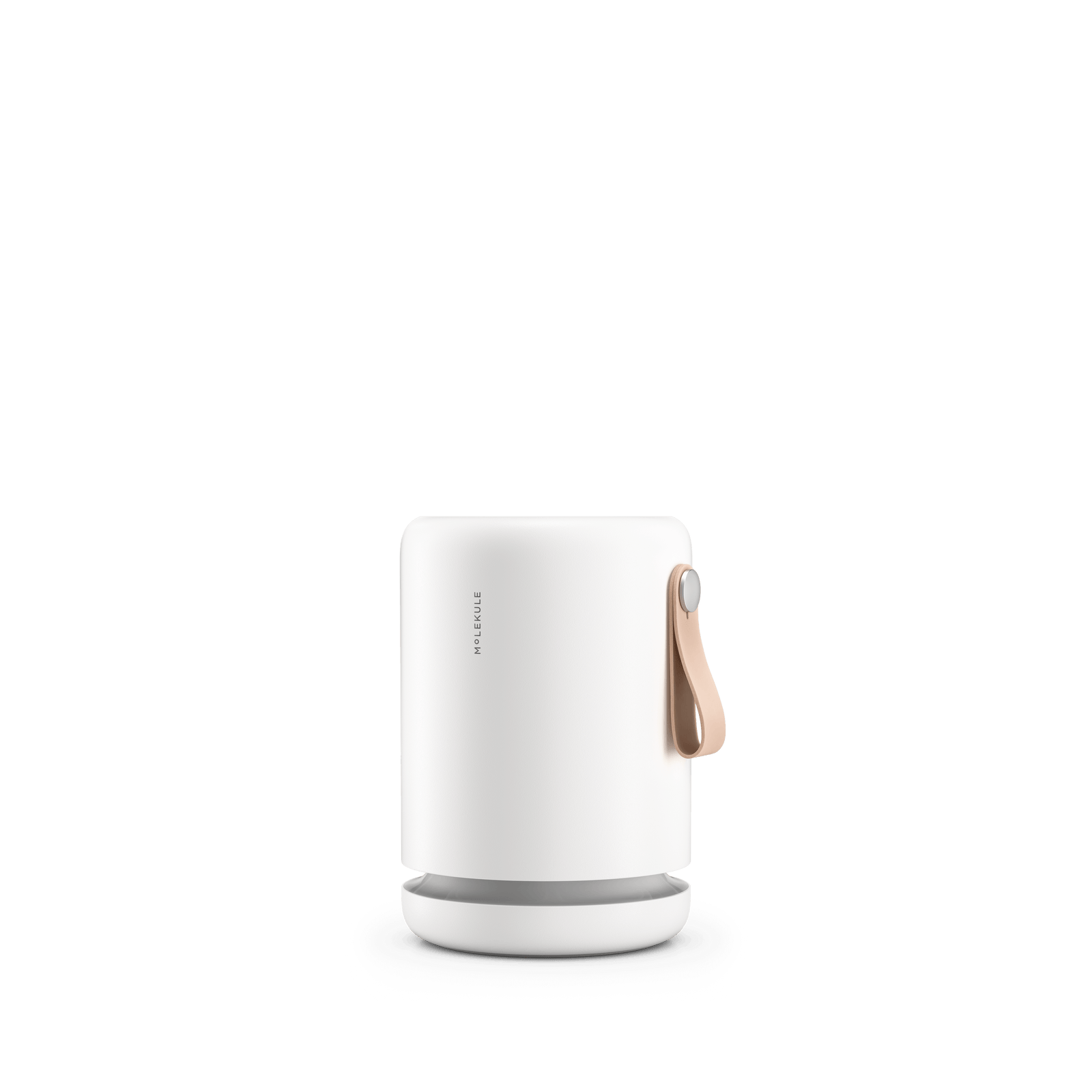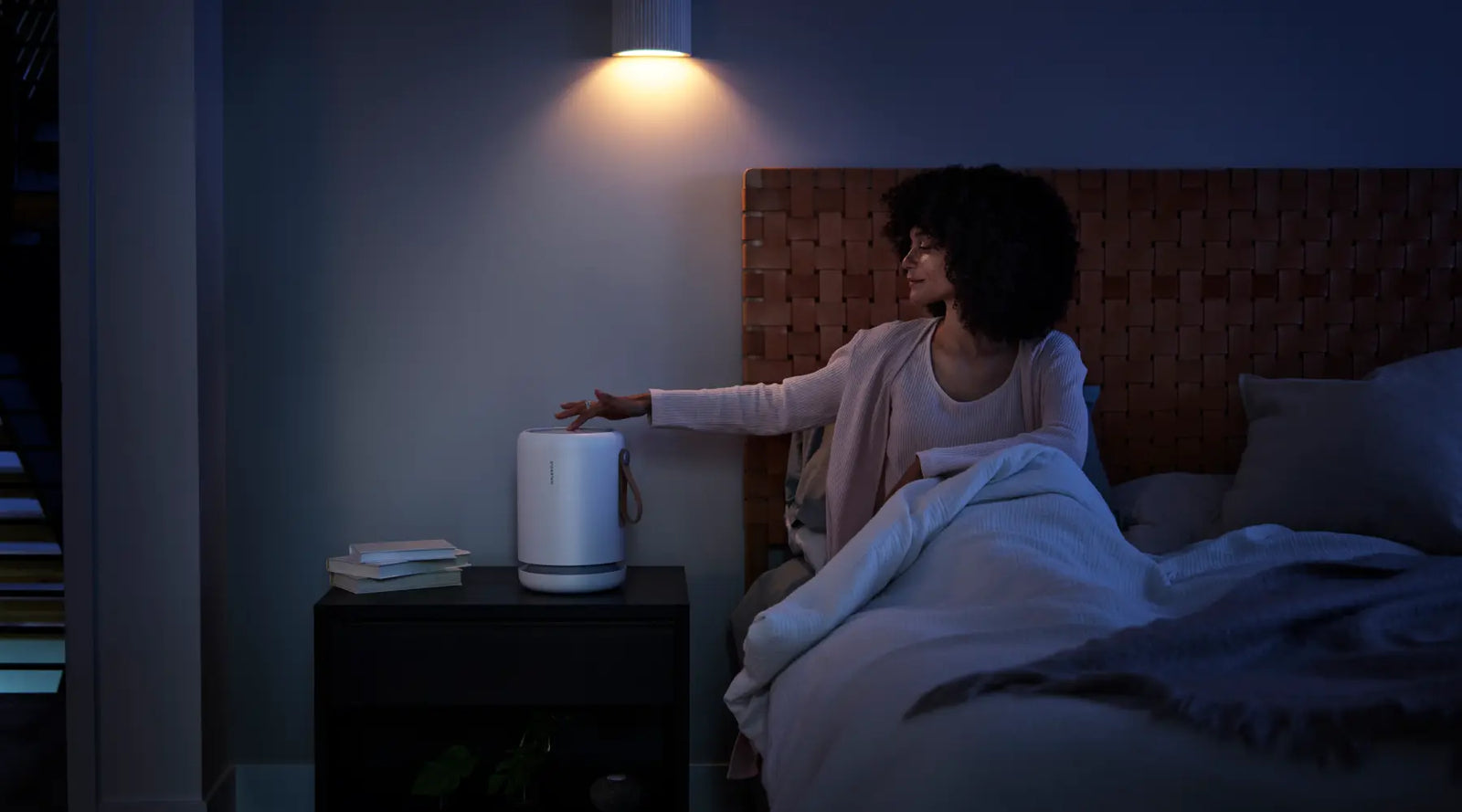When you think of seasonal allergies, you probably think “pollen” and “spring” — the season and cause of many people’s allergy symptoms. As it turns out, allergy symptoms aren’t loyal to one season and neither are the potential reactions they can cause. Summer, like spring, can present a unique set of challenges for people with allergies.
Cookouts, pool parties, and summer camps are the highlight of summer, for kids and adults alike. But spending so much time outdoors, doing different activities than you normally do, can expose you to a whole new set of allergens. To keep the fun of summer going, it’s important to know ahead of time how you’ll deal with allergies. Here, we’ve created a guide to help you better understand the summer-specific allergy triggers you may face, as well as actionable tips to help you keep them under control.
What are allergic responses?
When you have an allergic response, be it to pollen, food, or another type of allergen you’re sensitive to, your immune system reacts to fight it off. This can often cause allergy symptoms like sneezing, runny nose, itchy eyes, or wheezing. If you suffer from both allergies and asthma, you may have noticed that when your allergies kick in, your asthma worsens. This is because some allergy triggers can aggravate asthma. Staying on top of the common summer allergy triggers can help you and your family stay well all summer.
Common summer allergy triggers
There are many different types of allergens that come into play during summer that you won’t find at other times of the year. Though you may need to be more vigilant, you don’t have to give up your summer plans and hide inside. Knowing what to expect can help you plan ahead and be prepared for summer allergens.
Pollen
Pollen is a powdery substance, usually yellow in color, that is discharged from the male part of a flower, tree, or grass. These tiny grains can be carried into the air by wind, insects, or animals that it comes in contact with. Though pollen is typically associated with the flowers of spring, pollen is actually present year round. In the summer, grasses and weeds are to blame for pollen allergies.
The types of pollen you’re exposed to will vary based on where you live. Here’s a quick list of the most common weeds and grasses that cause allergic reactions. To see which may affect you, check to see which are prominent in your region.
Weeds
- Ragweed
- Pigweed
- Cockleweed
- Tumbleweed
- Russian thistle
- Sagebrush
Grasses
- Timothy
- Bermuda
- Sweet vernal
- Orchard
- Red top
- Blue grasses
Higher humidity
Humidity, or the amount of water vapor present in the air, along with heat, creates the perfect environment for dust mites and mold growth. Dust mites are microscopic insects that feed on the flakes of skin that pets and humans shed naturally, and can be found in clothing, mattresses, carpeting, and other fabric. They thrive in humid environments, so rising humidity levels can bring on even more dust mites than you’d have normally. Likewise, mold is more common in the summer because it needs humid, warm spaces to grow. Higher humidity levels in the summer make their presence more likely, creating an increased potential for allergic reactions.
Increased smog
Smog, a yellowish or black fog created by a mixture of atmospheric pollutants, spells trouble for everyone but especially people with allergies. In addition to the presence of ozone, a reactive, harmful gas, smog levels can increase due to heavy traffic, high temperatures, calm winds, and sunshine. When smog becomes stagnant, it increases pollution levels near the ground. The side effects? Possible respiratory illness in the short-term and heart and lung disease in the long-term.
Chlorine
Who doesn’t love a dip in the pool when it’s hot out? Unfortunately, chlorine, a chemical found in nearly every swimming pool, can act as a skin irritant and can irritate the respiratory tract. Don’t worry — you don’t have to avoid the pool entirely. Rinsing off immediately after you’re done swimming can help keep chlorine reactions at bay.
Campfire smoke
You’re probably familiar with the fact that tobacco smoke is an irritant. But so are other types of smoke, like that from a campfire or grill. In the summer, camping, s’more roasting, and barbecues can put you directly in the path of smoke. The potential for respiratory irritation from smoke is high, so it’s best to avoid smoky areas as much as possible.
How you can deal with summer allergies
Now that you’re familiar with some of the most common allergens of the summer, let’s take a look at how you can deal with them. To avoid an attack, it’s important to think ahead so you can be prepared. This will allow you and your family to enjoy summer to its fullest, without respiratory illness.
Check air quality reports
Air quality reports can tell you when pollen and pollution are high and when they are low, arming you with the information you need to make healthy choices. When air quality is poor, you may want to consider staying inside. You can plan your summer outings around days when the air quality will be better. Check out airnow.gov to get air quality reports for your area.
Control indoor humidity levels
One of the best ways you can keep your allergies in check inside is to use a dehumidifier. They make your home environment less hospitable to potential allergy triggers like mold, mildew, and dust mites. Because these things flourish in the humidity of summer, you’ll want to do your best to keep your home humidity levels at an optimal range — between 30 and 50 percent.
Use an indoor air purifier
Though many summer allergens exist outdoors, they can get into your home through open windows, or by attaching to your clothing, hair, or your pet’s fur. An indoor air purifier can help filter these irritants out of the air. Not all air purifiers are created equally though; Molekule’s PECO air purifier is designed to destroy allergens, so you can breathe easier.
Vacuum and dust regularly
A clean home equals happy lungs. To keep dust mites and pollen to a minimum, be sure to dust and vacuum daily or as often as possible. It can seem like a hassle to keep up with but the benefit to your health is well worth the extra time spent.
Check for and prevent mold
Mold loves summer just as much as you do. Remember: it grows in dark, moist, humid places. Check for it regularly in places it’s most common in like your bathroom, kitchen, and bedroom. In addition to keeping an eye out, you can take steps to prevent it from growing in the first place. Check out our guide on the 11 Most Common Places to Look for Mold in Your Home for in-depth tips on mold prevention.
Ventilate your home
When you’re cleaning and cooking, it’s important to make sure your home is well-ventilated. Open a window, turn on the fan, and do anything else you can to get a cross breeze. Not only will this help lower humidity levels, it will also help your lungs stay clear of the toxic gases released from stoves and cleaning products.
Rinse off after pool time
As we mentioned above, dealing with chlorine irritation can be handled by rinsing off after you’ve spent any amount of time in the pool and ensuring your kids do the same. If possible, trade the local pool in for a trip to the beach or lake. Chlorine free options are much better for your health.
Monitor exposure to smoke
We would never tell you to skip a cookout or give up s’mores. They are, after all, integral parts of summer. What we do advise is that you keep an eye on how frequently and how long you are around smoke of any kind. If you anticipate that campfire or grill smoke will be present somewhere, ensure that there will be a cool, smoke-free area for you to be if it starts to bother you.
Being aware is key
Dealing with allergies during the summer months is never ideal. While it’s unlikely that you can avoid all irritants or triggers all the time, it can be helpful to know what to expect and prepare accordingly. The more aware you are of what causes allergies for you and your family, the easier it will be to prevent flare ups.












